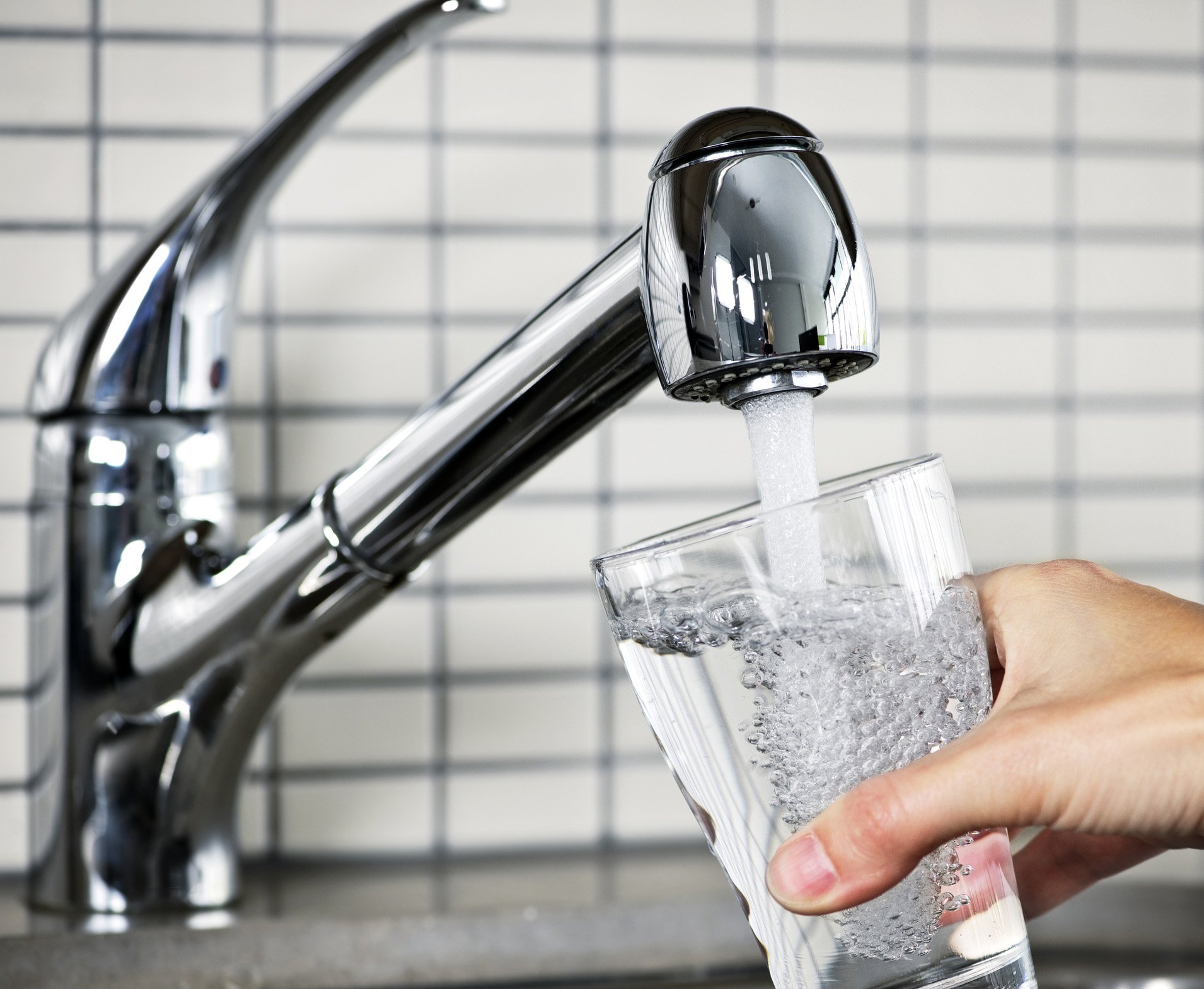

As if another birthday wasn’t bad enough. Now, my acumen was on the line.
Not only could I not solve Wordle, but I had spent part of the big day knocking back water I wrongly thought was the finest in the country and retracing my footsteps in Oamaru looking for an errant knitting needle I’d owned for more than 40 years — steel disguised by a pink plastic coating.
I was not an earlier adopter of Wordle, the daily time waster, and the way I play it has been criticised by the sisterhood. No surprises there.
For the uninitiated, Wordle is a computer game now owned by The New York Times offering a daily opportunity to guess a five-letter word. You have six attempts, with your correct letters identified as you go along, together with whether you have them in the right place.
The sisters scoff at me for: using my laptop because I have a burner phone, having no interest in sharing my results, and unimaginatively starting with the same word every time — tripe.
On the day of my birthday I gave up, even though I had the a, the i and the n in the correct places.
The "word" was admin.
To me, that is not a word but an abbreviation. Various dictionaries accept it, even though it can mean administration, administrator or administrative.
I tried to drown my sorrow/indignation about this by washing down my birthday bacon and egg breakfast in Timaru with the city’s finest water.
The cafe staff were taken aback at me thinking their water, with its chlorine notes lingering on the palate, was New Zealand-leading.
That’s because the country’s prize-winning drinking water was not the stuff chugging through the pipes in the centre of the city, but from the small rural Seadown scheme.
To taste it, I could have gone to a fountain at Timaru Airport, but I foolishly had not done my homework.
When my later search for my knitting needle proved futile (thanks to the Oamaru hospice shop I now have several replacement pairs), I wondered if my time would have been better spent pursuing some lost marbles.
But later in the week, Act New Zealand leader and deputy prime minister David Seymour gave me hope.
He is almost 28 years younger than me, but his sharpness seemed less than that of my lost knitting needle, his pettiness on a par with mine and his attention to detail questionable.
When he came under pressure in his 30 with Guyon Espiner interview, he pulled the old tricks of trying to answer a question which hadn’t been asked, asking his own questions, accusing the interviewer of talking over him and then the classic, making up an outlandish figure and adding a decimal point to it in an attempt to make it sound real.
Discussing the almost 23,000 submissions received during the consultation on the discussion paper on the Regulatory Standards Bill, only .33 % of which were in favour, Mr Seymour said 99.5 % of the submissions were because "somebody figured out how to make a bot make fake submissions that inflated the numbers."
When asked what evidence he had for this claim, he said it was because "we’ve looked at them. Because we know what the contents of them is".
After the interview, when it was shown his claim was dubious, instead of fessing up, Mr Seymour said he was referring to "online campaigns" that generated "non-representative samples" that did not reflect public opinion.
Quite how he is such an authority on public opinion, I am not sure.
But as well as that, he had to have a dig at RNZ’s journalism, something he seems fond of.
In an interview with Chris Lynch, he had a crack about the Guyon interview, waffled on about RNZ’s ratings and trust being in freefall and questioned why it should have an increase in staff when other media were having to do more with less.
This rant ignored the fact RNZ heads the latest trust in media tables (followed by this newspaper) and its trust scores were higher than last year.
What he does not seem to understand is RNZ, as our national public broadcaster, has a role quite different from its commercial counterparts.
In the absence of any national press agency, such as the former New Zealand Press Association, it provides a considerable amount of copy for other media outlets.
As commercial newsrooms shrink, the service RNZ provides becomes more important to fill some of the gaps in news coverage across the country.
Having both of our deputy prime ministers attempt to undermine it with their drip, drip, drip of petulant outbursts, triggered by interviews with journalists prepared to be persistent rather than patsy questioners, is concerning.
It’s Trumpian tripe we could do without.
• Elspeth McLean is a Dunedin writer.














